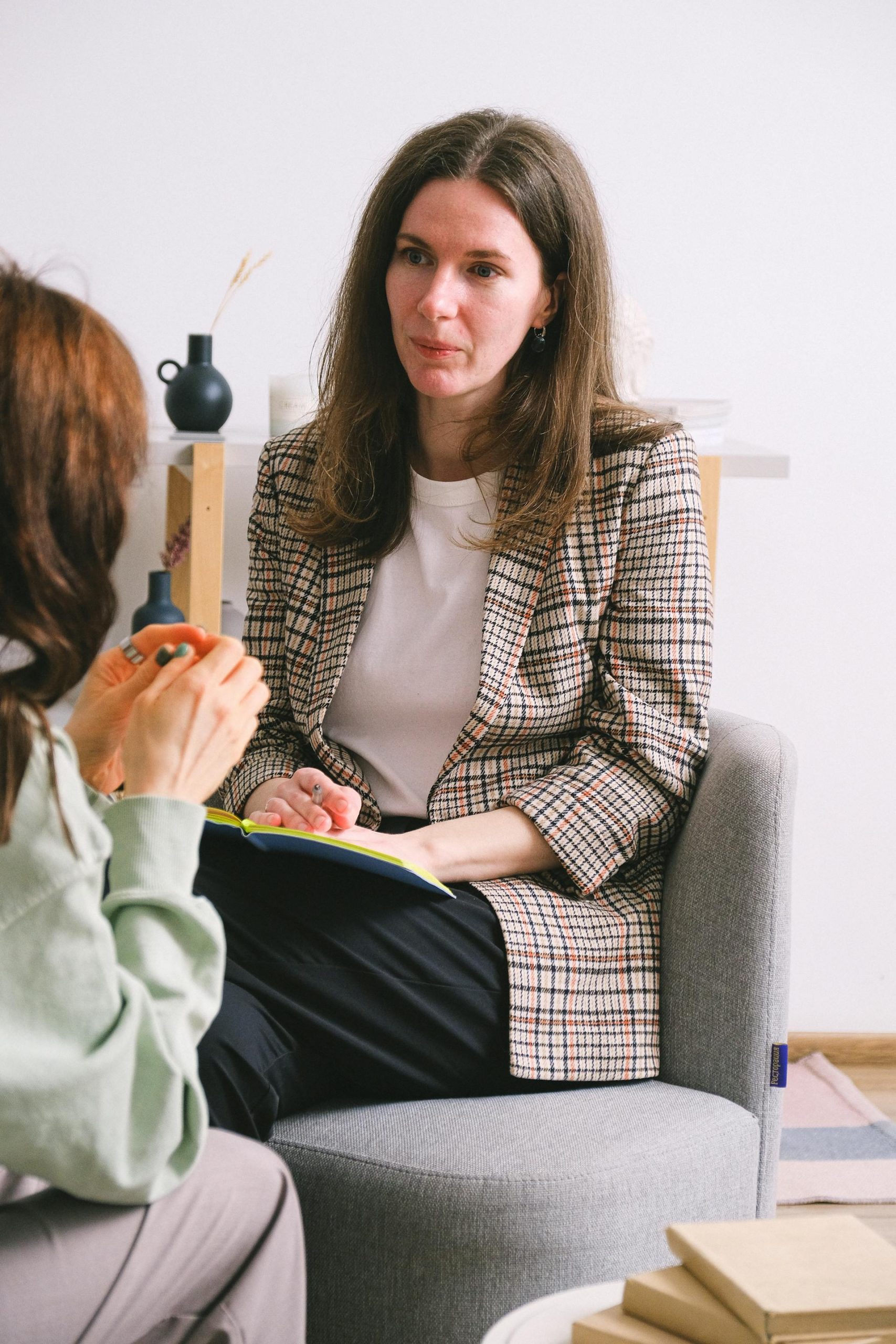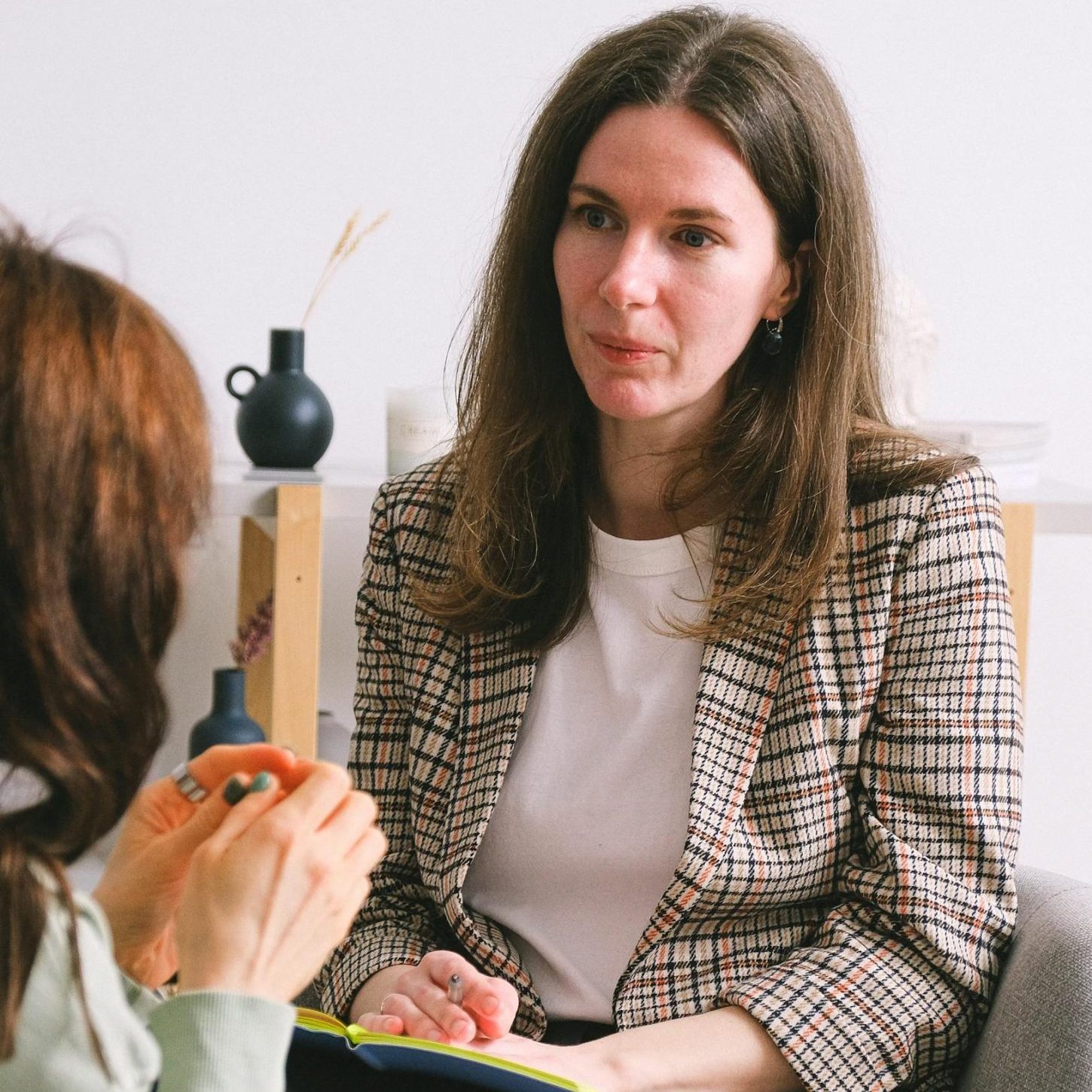Better Therapy
Therapeutic Alliance
Therapy is a very private and sometimes vulnerable occasion. You spend an hour in session with one other person to explore and reveal your innermost thoughts and feelings. This can be a challenge if the dynamic is not safe and comfortable. Part of creating a successful therapy experience is building a meaningful therapeutic alliance between the client, that’s you, and the therapist, that’s me. Research consistently demonstrates that a strong therapeutic alliance is a significant predictor of successful therapy outcomes.
One of the main things that must be present to encourage a healthy therapeutic alliance is the genuineness of the therapist. The therapist should demonstrate true compassion and caring for the client. There is variation in this compassion as people have different personalities. Some therapists may be more clinical and seem aloof, or too “matter of fact”. Other therapists may seem too familiar and over-emotional. Having a brief consultation before deciding on a provider can help you decide if the therapist is right for you.

Another component of a therapeutic alliance is an overall positive regard for you as a client. This includes the therapist being able to handle your most vulnerable issues without judgment. Your unhealthy patterns should be addressed but in a way that accepts you where you are and encourages your growth. Casting negativity or having the therapist become uncomfortable with your issues can crush a therapeutic alliance.
It is a very important part of a therapeutic relationship that you are treated with respect and have a say in your treatment. There is a tendency for some therapists to pontificate during treatment. A therapist should not give their opinion about your issues as if they know what is right for you as if they know everything about your issue and that their opinion is the only way to correct it. I call this finger wagging. Rather, a good therapist will help guide you, using effective therapy techniques, to a place that you can find the best answers for yourself. That is one way that a therapist demonstrates a respect for client autonomy.
Safe Holding Space
The concept of a safe holding space comes from the pioneers of Person-Centered Therapy. A safe holding space is a cornerstone for building a supportive relationship.
A “safe holding space" in a therapy session refers to a non-judgmental, supportive environment where a client feels comfortable expressing their thoughts and emotions freely, without fear of criticism or rejection, allowing them to explore their experiences and vulnerabilities openly with their therapist; essentially, it’s a space where the therapist is fully present, actively listening, and validating the client’s feelings without trying to fix or minimize them.
A safe emotional holding space is created by dedicating time, that is not only free from judgement but is also without distraction, so that the person can share their experiences and concerns without being interrupted or distracted. Research shows that a safe holding space can reduce stress and anxiety, enhance a therapeutic relationship, and improve mental health and well-being, making this a critical part of a good therapy experience.
Trust Building:
In order to feel comfortable sharing in full honesty the trials and tribulations of your life, it is imperative that trust is established with the therapist.
Vulnerability:
A safe holding space allows clients to share sensitive or difficult information with a therapist as family members and friends can often impose judgment or shame and may try to fix things their own way.
Healing Process:
By providing a supportive environment, the therapist can facilitate a meaningful exploration of the client’s issues to adequately guide the clinical process.

Finding The Right Therapist
Remember that choosing a therapist is a very personal matter. There is no one therapist that is good for everyone. It is important that you feel a sense of trust and that this therapist is trained to treat the issues you are experiencing. You may want to set up an initial consultation with one or two potential therapists and see how comfortable you are with them. Take the time to find the right therapist for you.


